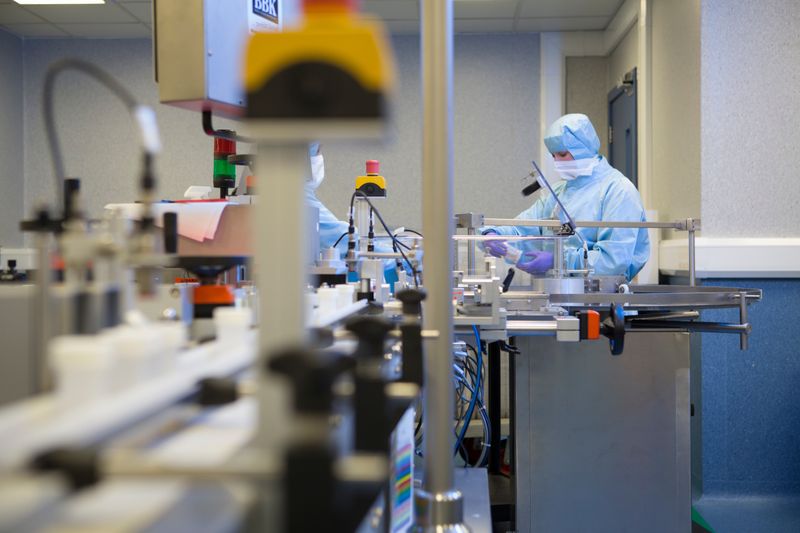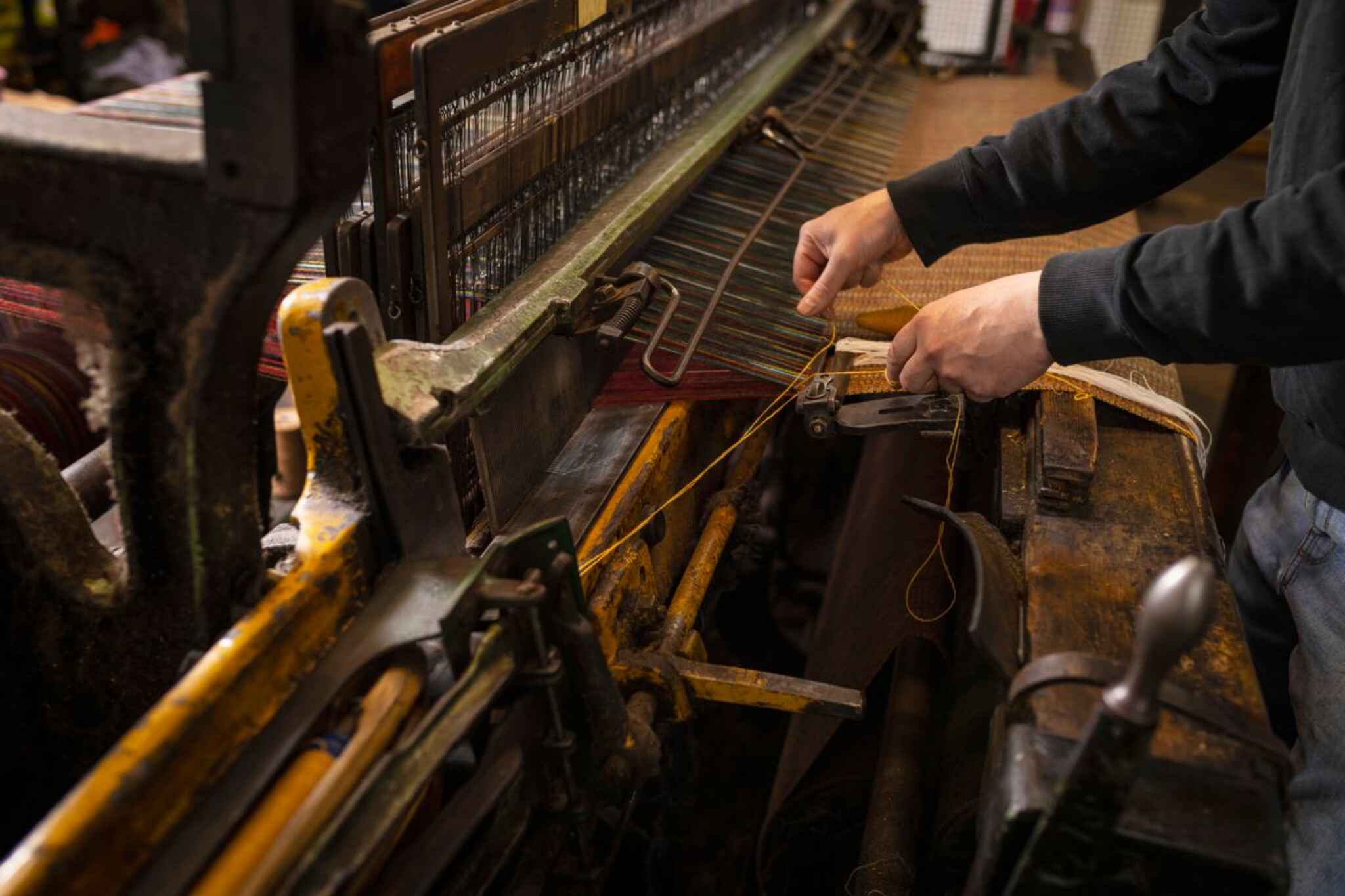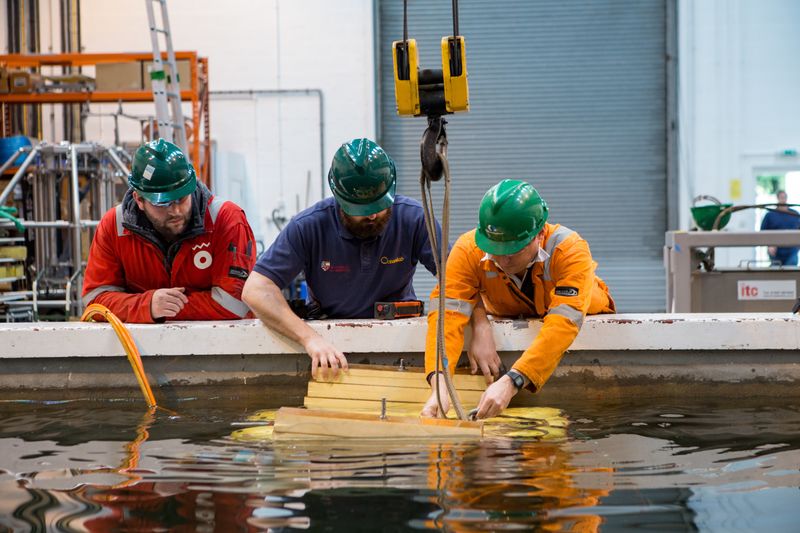
Forth Road Bridge
© VisitScotland / Kenny Lam
Scotland's Key Sectors
Scotland is a dynamic, innovative and vibrant country. The perfect destination for association conferences, important corporate meetings, global product launches and incentives.
Key Sectors
Business events power industries, connect research, foster collaboration, and drive the global economy. Discover the sectors in which Scotland excels and how our expertise makes Scotland the perfect destination for your next business event.

The Loch Katrine Experience
© Digital Tourism Scotland / Matt Davis
Technology Community
Scotland is at the forefront of technological advancements in AI and Quantum Computing, exporting ideas and cutting-edge technologies globally.

Production process at Axis Shield, Dundee.
© Scottish Enterprise / McAteer Photograph
Life Sciences Community
Life Sciences are in Scotland’s DNA and the sector brings together healthcare professionals, academics and researchers to create a thriving network of innovators.

Islay Woolen Mill
© VisitScotland / Kenny Lam
Creative Community
Creativity is in Scotland's soul. Our unique landscapes, the unmistakeable sense of Spirit that fills Scotland has given rise of Robert Burns, Sir Walter Scott, Charlies Rennie Macintosh, Belle and Sebastien, Ewan MacGregor, Muriel Spark and even James Bond and Harry Potter.

A hydrogen wind turbine in The Kingdom of Fife.
© Scottish Gas Networks
Energy Community
Scotland is the Energy capital of Europe. With considerable oil and natural gas reserves, huge onshore and offshore renewable energy potential, and the worlds most developed tidal energy site in the Pentland Firth - its little surprise that the innovation, technology and expertise needed to harness the wind and the waves, and extract oil, are based in Scotland.

Ocean Lab, University of Aberdeen
© Scottish Enterprise / McAteer Photograph
Marine Community
Protecting our waters and utilising the renewable power it possesses is crucial to the development of Scotland’s marine sector. Scotland leads vital projects in Arctic, Atlantic and native waters, safeguarding our environment for future generations.